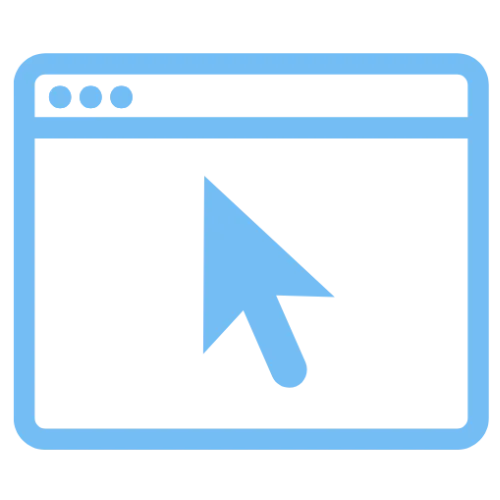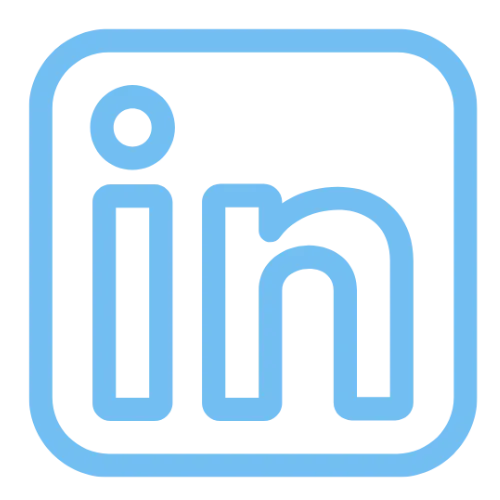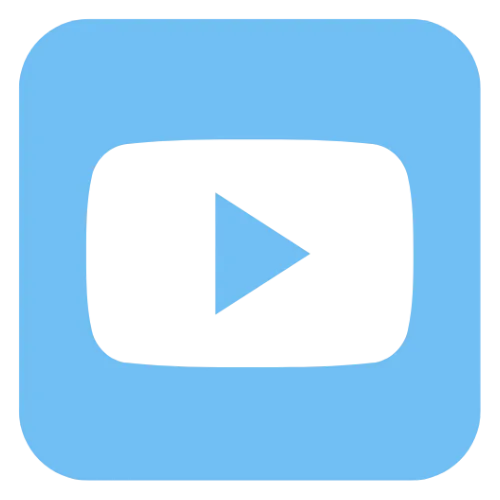
Mastering the Art of Video Interviews: A Comprehensive Professional Guide
In the wake of the COVID-19 pandemic, the professional landscape has undergone a remarkable transformation. Perhaps no area has seen more significant change than the hiring process, with video interviews rapidly becoming the new standard for recruitment. What was once considered an innovative approach has now become the primary method for connecting potential employees with prospective employers.
As a recruiting professional with years of experience navigating the evolving job market, I've witnessed firsthand the critical importance of adapting to these digital interview environments. This comprehensive guide will walk you through everything you need to know to excel in your next video interview, ensuring you present yourself as a top-tier candidate regardless of the physical distance.
Preparation: Setting the Stage for Success
Technical and Environmental Considerations
The foundation of a successful video interview begins long before the actual conversation starts. Your technical setup and interview environment are crucial elements that can significantly impact the interviewer's first impression.
Equipment Matters Invest time in testing and optimizing your technology. This means:
Using a reliable computer or device with a stable internet connection
Ensuring your webcam provides clear, high-quality video
Using a quality microphone or headset to guarantee crisp audio
Having a backup device or phone number in case of unexpected technical issues
Create a Professional Background Your interview space should communicate professionalism:
Choose a neutral, clean background with minimal distractions
Ensure proper lighting that illuminates your face evenly
Position your camera at eye level to simulate direct eye contact
Remove potential background noise sources like televisions or high-traffic areas
Professional Presentation
While working from home might tempt you to dress casually, your attire plays a crucial role in making a strong first impression.
Dress for Success Even though you're interviewing from your living room, maintain the same professional standards you would in an in-person interview:
Wear a complete professional outfit, not just a presentable top
Choose solid, neutral colors that look good on camera
Avoid busy patterns or extremely bright colors that might be distracting
Ensure your clothing is pressed and wrinkle-free
Research and Documentation
Knowledge is power in any interview scenario. Thorough preparation demonstrates your genuine interest and commitment.
Company Research Go beyond surface-level information:
Explore the company's website thoroughly
Review recent news articles and press releases
Check the company's social media profiles
Utilize platforms like LinkedIn and Glassdoor for insider perspectives
Prepare thoughtful questions that demonstrate your deep understanding of the organization
Documentation Preparedness Have these key documents ready and easily accessible:
Multiple copies of your updated resume
A notepad and pen for taking notes
Your prepared list of research-based questions
Any relevant portfolio or work samples
Psychological Preparation
Your mental state is just as important as your physical presentation.
Confidence-Building Techniques Utilize power poses and positive visualization:
Practice confident body language before the interview
Use deep breathing exercises to manage anxiety
Remind yourself of your qualifications and past successes
During the Interview: Making a Memorable Impression
Communication Strategies
Effective communication in a video interview requires nuanced techniques:
Answer Strategies
Provide clear, concise answers with specific examples
Use the STAR method (Situation, Task, Action, Result) for behavioral questions
Maintain a conversational yet professional tone
Speak slightly slower and more deliberately than in an in-person conversation
Active Listening
Take brief notes during the interview
Ask for clarification if a question seems unclear
Confirm understanding by asking, "Does that answer your question?"
Handling Potential Challenges
Employment Gaps If you have gaps in your employment history, approach them proactively:
Highlight productive activities during that time
Discuss skill development, certifications, or personal growth
Frame gaps as opportunities for learning and personal development
Professional Etiquette
Avoid criticizing previous employers
Maintain positive, solution-oriented language
Show enthusiasm for the potential role and company
Types of Interview Questions
Be prepared for various question formats:
Experience verification questions
Behavioral questions assessing past performance
Competency-based questions evaluating specific skills
Situational questions exploring problem-solving abilities
Post-Interview: Solidifying Your Candidacy
Immediate Follow-Up
Debrief and Reflection
Contact your recruiter or primary interview contact
Briefly review your performance
Note areas of strength and potential improvement
Thank You Communication
Send a personalized thank-you note within 24 hours
Reference specific conversation points
Reiterate your interest in the position
Use professional channels like email or LinkedIn
Continued Communication
Follow up if you haven't received feedback within the expected timeframe
Demonstrate continued interest without being pushy
Maintain a professional and patient approach
Conclusion
Video interviews are more than just a pandemic-era necessity—they represent the future of professional recruitment. By meticulously preparing your environment, presentation, and communication strategy, you can transform these digital interactions into powerful opportunities for career advancement.
Remember, every interview is a chance to showcase not just your professional capabilities, but your adaptability, preparedness, and enthusiasm. Embrace these digital platforms as powerful tools for connecting with potential employers.
Good luck in your professional journey, and may your next video interview be the gateway to an exciting new career opportunity!








